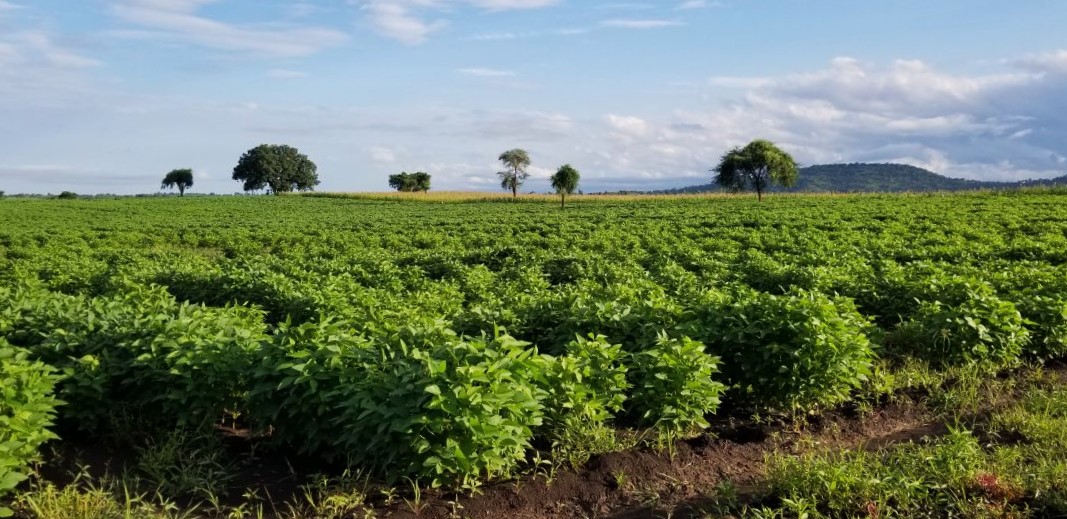Linked with the expansion of domestic edible oil industry and associated increased demand, soya bean production in Ethiopia has increased dramatically over the last three years. The Amhara region, in particular, has shown a very significant increase in soya bean production, with the area expanding from 46,892 ha in 2019/2020 to 248,573 ha in 2021/2022. It is estimated that over 596,000 tons of soya bean were produced last production season (2022), which is more than double the amount produced the previous year.
A large portion of the area, which was previously known for sesame monocropping has now shifted to soya bean, which is considered as a game-changer crop for the area. A number of factors contributed to this dramatic production increase, including (i) growing demand from the local and international market, (ii) emergence of domestic agro-processing industries, (iii) the economic incentive soya beans provide compared to sesame linked with higher productivity and total income per unit area, and (iv) the public support through the extension system.
Based on a quick study done by the RAISE-FS project, soya bean farmers are reporting considerable income loss. This despite the increased demand from the domestic agro-processing industry and demand for export and farmers’ positive responses in investing for increased production and productivity. These losses are associated with the considerable decline in farmgate price of soya bean along with a huge increase in cost of production associated with production, labour and post-harvest processing costs. Given the observed short period shift from sesame to soya bean production linked with the felt economic incentives, it is expected that farmers will shift back to sesame in the coming production seasons making it very challenging to supply soya bean in the required quantity and quality for the already established agro-processing industries.
Please find the full report here:

